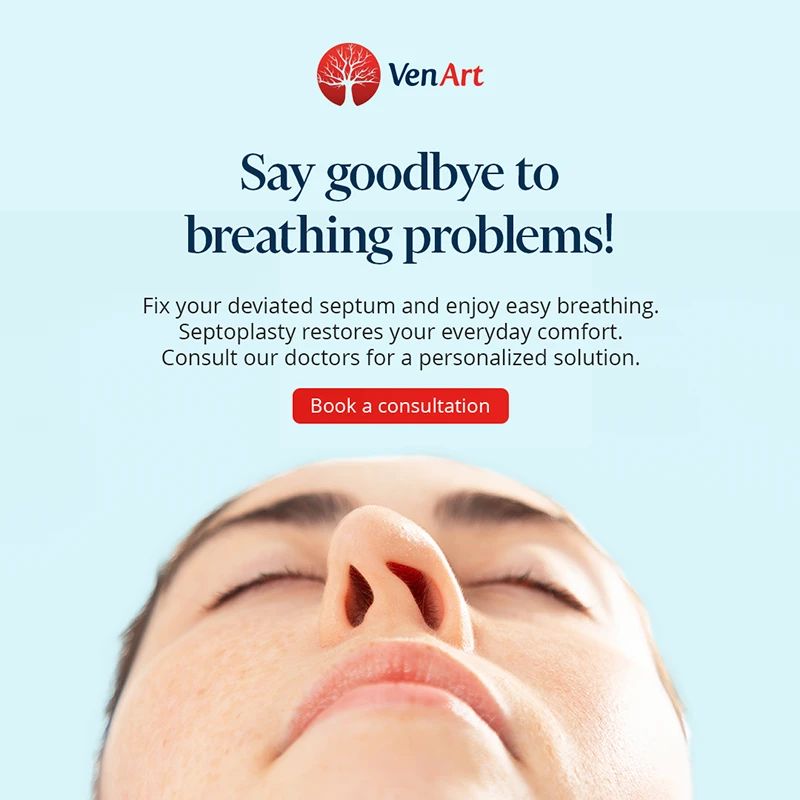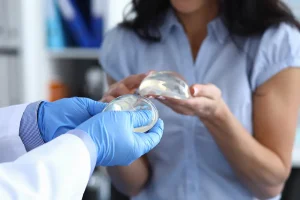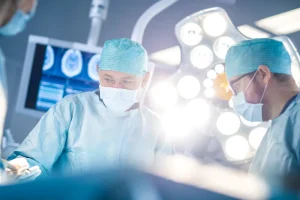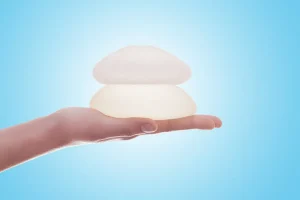Septoplasty
The perfect solution for a Deviated Septum
Home » Plastic Surgery and Reconstructive Aesthetics » Septoplasty
Medical Procedures
Breast Surgery
Body Modeling
Facial Aesthetic Surgery
Cosmetic Procedures
Hand Surgery
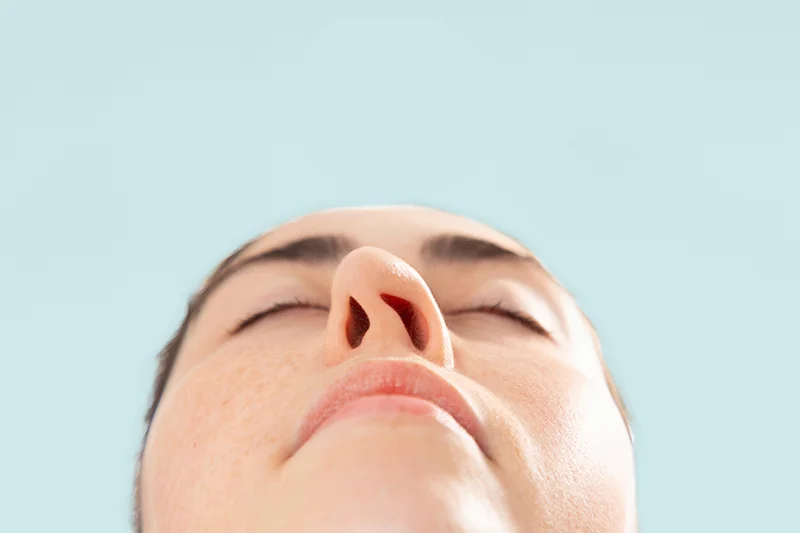
Septoplasty is a surgical procedure that corrects a deviated septum, helping restore normal breathing function and improve nasal airflow. Many people struggle with nasal obstruction, chronic congestion, or sinus problems because of a misaligned septum.
This safe and effective procedure at VenArt Clinic can resolve these concerns and significantly improve your quality of life. Our team offers precise diagnosis, modern technology, and personalized care for every patient.
Book an Appointment
What Is Septoplasty?
Septoplasty is a surgical procedure that corrects a deviated nasal septum, which is the thin wall separating the two nostrils. A crooked or displaced septum can block airflow, causing breathing problems and repeated sinus infections. By straightening the septum, the surgery helps restore normal breathing and reduces associated discomforts like facial pain, chronic congestion, or snoring. Septoplasty is considered a safe and reliable way to improve nasal function without altering the outer shape of the nose.
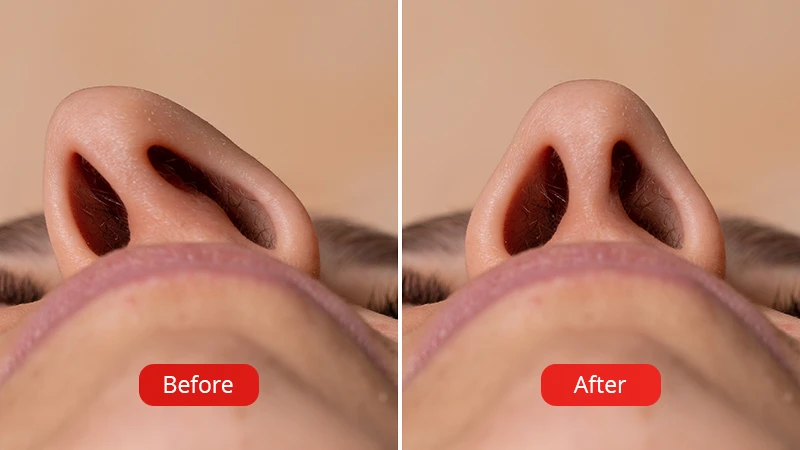
Who Needs Septoplasty?
This procedure is recommended for people who:
- Have trouble breathing through the nose due to a deviated septum;
- Suffer from frequent sinus infections;
- Experience facial pain or constant nasal congestion;
- Have severe snoring or obstructive sleep apnea.
Note: A deviated septum can be congenital or caused by injury.
Benefits of Septoplasty
- Optimal breathing: Breathe naturally with less effort;
- Fewer sinus infections: Proper nasal alignment lowers the risk of chronic sinusitis;
- Better sleep: Reduce or eliminate snoring and apnea;
- Unchanged external look: The outer shape of your nose remains natural.
How Does the Septoplasty Procedure Work?
- Initial consultation: The plastic surgeon and ENT specialist examine your nasal cavity and confirm the diagnosis.
- Surgery: Performed under local or general anesthesia, the procedure lasts about 1–2 hours. The surgeon repositions the septum to clear obstructions and improve airflow.
- Recovery:
- Complete recovery usually takes 2–4 weeks;
- Patients receive detailed instructions for post-operative care to support smooth healing.
Why Choose the VenArt Clinic?
- Skilled medical team: Specialists in plastic surgery and ENT procedures with years of experience and proven results.
- Modern technology: State-of-the-art diagnostic and surgical equipment for maximum precision and safety.
- Best outcomes: We prioritize excellent results while following the highest medical safety standards.
Schedule an Appointment Now!
Take the first step toward breathing comfortably and naturally. Book a consultation today and benefit from our expert care and modern surgical techniques. Fill out the form below and let our team guide you toward lasting results. Your comfort and safety are always our priority.
Medical Team
Frequently Asked Questions
What is septoplasty?
It is a surgery that straightens the deviated nasal septum to allow clear, balanced airflow through the nasal passages.
How long do the effects last?
When done correctly, the improvement is long-term, resolving breathing difficulties, persistent snoring, or frequent sinus infections.
What is the post-operative recovery like?
Complete recovery usually takes 2–4 weeks. Following your doctor’s advice is crucial to avoid complications and promote proper healing.
Are there any risks?
Like any surgery, septoplasty has minimal risks such as slight bleeding or infection, but these are rare and managed with proper medical care.
Will the procedure change the look of my nose?
No. Septoplasty only adjusts the inner nasal septum, leaving the outer nose unchanged.
How long does the surgery take?
Most procedures last around 1–2 hours, depending on the complexity.
Is septoplasty painful?
Discomfort is usually mild and controlled with prescribed medication.
What should I avoid after surgery?
Avoid strenuous activities, blowing your nose forcefully, and exposure to smoke or dust during recovery.
When will I notice the improvement?
Most patients experience noticeably easier breathing within weeks after surgery.

